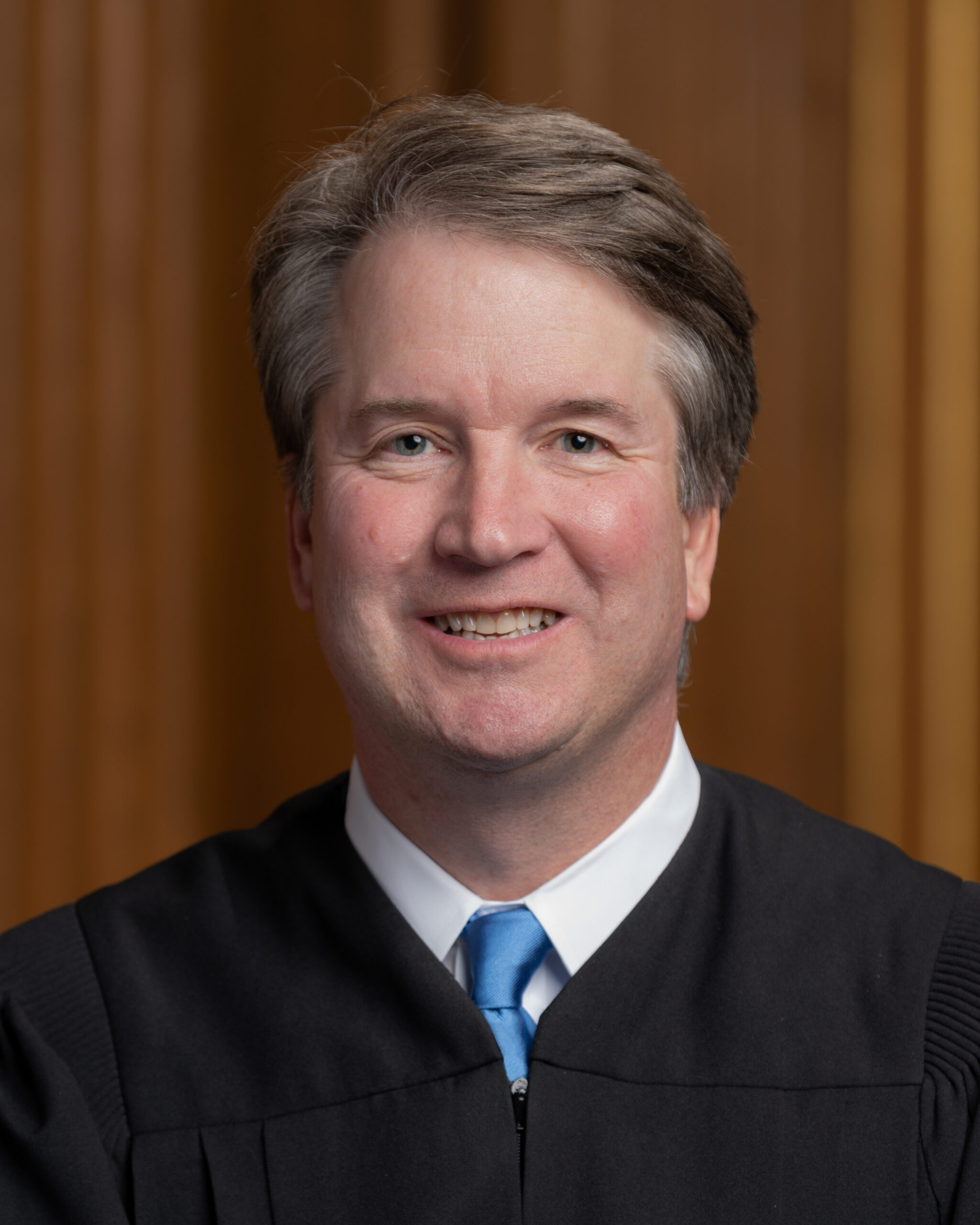Das demokratische Mitglied im Justizausschuß des US-Senats, Sheldon Whitehouse, veröffentlichte am Dienstag einen 32-seitigen Bericht über von ihm und weiteren demokratischen Justizausschuß-Mitglieder vorgenommene Untersuchungen über Vorgänge im Zusammenhang mit Kavanaughs Ernennung zum Supreme Court-Richter. Kavanaugh war 2018 von Trump nominiert worden und bedurfte – wie alle Supreme Court-RichterInnen – einer Bestätigung durch den US-Senat.
Laut Guardian wurde Kavanaugh in der Zeit des Nominierungsprozesses von zwei Frauen beschuldigt, daß er sie „sexually assaulted […] – once in high school and once in college –“. Außerdem meldete sich damals laut Guardian ein Zeuge „a former classmate of Kavanaugh at Yale“, der „sought to come forward to report that he had once witnessed Kavanaugh with his pants down at a drunken party, and that his friends pushed the future justice’s penis into the hands of a female student“.
Laut Guardian entschied der Senats-Justizausschuß damals, nachdem eine der beiden Frauen öffentlich ausgesagt hatte, „the FBI conduct a supplemental background check to examine those allegations before the full Senate voted on his nomination“. Das FBI kam damals zu dem Ergebnis, daß „no corroborating evidence“ für die sexuellen Übergriffe existiere; das Senats-Plenum stimmte dann mit einer 52:48-Mehrheit für die Ernennung Kavanaughs.
Mit den damalige FBI-Ermittlungen beschäftigt sich der Bericht, den Senator Whitehouse am Dienstag veröffentlichte. Dort heißt es u.a.:
„the supplemental background investigation was flawed and incomplete, as the FBI did not follow up on numerous leads that could have produced potentially corroborating or otherwise relevant information. Second, while President Trump publicly claimed the FBI had ‚free rein‘ to take any investigative steps it deemed necessary, the Trump White House exercised total control over the scope of the investigation, preventing the FBI from interviewing relevant witnesses and following up on tips. The White House refused to authorize basic investigatory steps that might have uncovered information corroborating the allegations. […] On instructions from the White House, the FBI did not investigate thousands of tips that came in through the FBI’s tip line. Instead, all tips related to Kavanaugh were forwarded to the White House without investigation.“
Nicht nur die Trump-, sondern auch die Biden-Administration wird in dem Bericht kritisiert:
„The executive branch repeatedly refused to provide timely or complete answers to even basic questions, particularly during the Trump Administration. And even when the executive branch became more responsive during the Biden Administration, complete answers to the Senators’ questions were few and far between.“
In der den Bericht vorstellenden Pressmitteilung von Whitehouse heißt es: „A full, proper investigation is the bare minimum that victims who come forward – like Dr. Ford and Deborah Ramirez – deserve. This report shows that the supplemental background investigation was a sham, controlled by the Trump White House, to give political cover to Senate Republicans and put Justice Kavanaugh back on the political track to confirmation.“
In dem bereits zitierten Guardian-Artikel über den Bericht heißt es: „The findings are significant because at least eight senators cited the FBI’s findings – that ‚no corroborating evidence‘ had been found to back up the allegations against Kavanaugh – when they voted to confirm the justice. They include the then majority leader, Mitch McConnell, Shelley Moore Capito, former senator Jeff Flake and Bob Corker, Chuck Grassley and Susan Collins.“
Eine Trump-Sprecherin erklärte laut Axios, einer US-Nachrichtenseite, aus Anlaß des Berichts, „Everyone knows Brett Kavanaugh was unfairly slandered and smeared with lies in a Democrat-led hoax to derail his appointment to the Court that ultimately failed“; den Bericht selbst charakterisierte sie als „another attempt to delegitimize the Supreme Court“.



